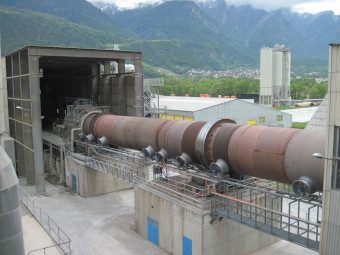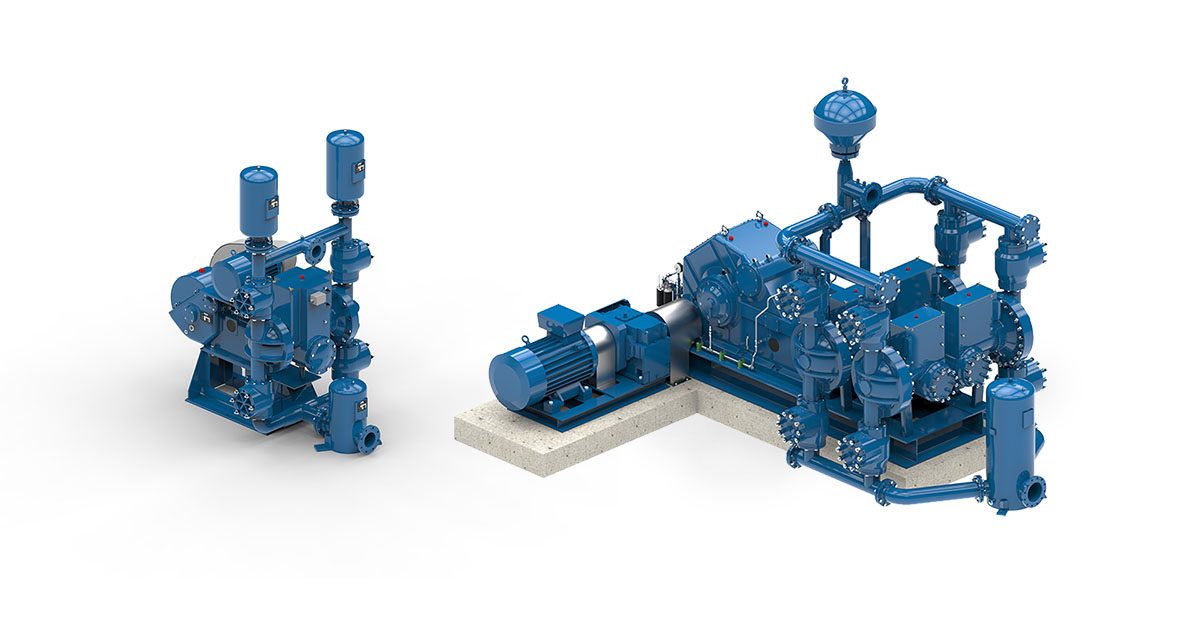Cement
Safe pumping of dangerous products
Supplying rotary furnaces (rotary kilns) with chemically complex substitute and alternative fuels places high demands on the explosion protection of the feed pumps. ABEL pumps from the EM, CM and HM series are well suited for these applications, because they are hermetically sealed and are available in an explosion-proof design (ATEX).
That is why leading cement manufacturers in many plants prefer to use ABEL pumps for this challenging pump task. Since thermal processing of waste oil, grease, acid, and lacquer residue can be risky, they would rather rely on our experience when they have to use feed pumps for such applications.
When used for feeding filter presses, ABEL pumps in the HM series enjoy an excellent reputation among the leading cement plant operators, thanks to their reliability and cost-effectiveness.
Pump Applications in Cement Production
Rotary kiln feed with substitute and alternative fuels
Wet process cement manufacture – filter press feeding with abrasive limestone/chalk slurries
Filter cloth cleaning with ABEL high pressure pumps
Advantages of ABEL Pumps
Rotary Kiln Feed in Cement Plants
In cement works, the rotary kiln is usually the heart of clinker production. Depending on the site and product range, marl lime, chalk or lime sand is placed in the kiln. The raw material is melted down at temperatures of more than 1400°C in order to produce the so-called cement clinker. Rotary kilns can be up to 100 m long with diameters of up to 5 m. The kilns are frequently fired with hard coal. But in recent years there has been an increasing trend to use alternative fuels. These include not only animal charcoal and shredded tires but also used and reclaimed oil and solvents (RLF).

Adaptability to conveyed Media
ABEL piston diaphragm pumps types CM are used in various cement works all over the world to pump RLF alternative fuels to the burners of the rotary kilns. Robust, highly reliable and safe operating pumps are required in view of the differing composition of the various oils and chemicals which frequently cannot be specified precisely in advance. The key features of these pumps include high dosing accuracy together with rugged resistance to fluctuating viscosities and high levels of suspended solid materials in the product.



